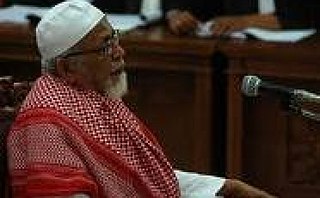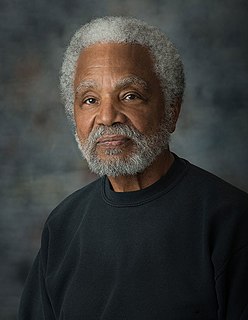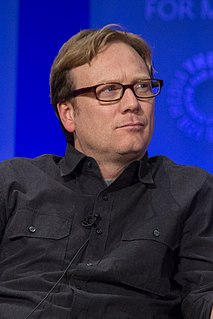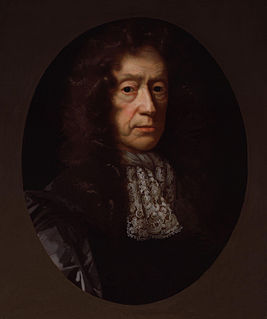A Quote by Cornel West
It's clear that he was incredibly courageous in his critique of white supremacy, wealth inequality, and imperial power as it relates to war in particular. But it's easy to deodorize Martin King, to sanitize or sterilize him. And I simply want to reveal his radical love and his radical analysis as what they really were.
Related Quotes
I think it's important not to view Martin Luther King Jr. in a narrow political manner. His fundamental commitment is to a radical love of humanity, and especially of poor and working people. And that radical love leads him to a radical analysis of power, domination and oppression. What's difficult is to situate him ideologically under a particular category.
Martin Luther King really was a safety valve for white people. Any time it appeared that the black community was on the verge of really doing what we ought to do based on having been attacked, they put Martin Luther King on television. He was always saying, "We must use nonviolence. We must overcome hate with love." White people loved that. That's why they gave him a Nobel Prize. But when Martin Luther King started condemning the Vietnam War, that's when white people turned against him.
The American Dream is individualistic. Martin Luther King's dream was collective. The American Dream says, "I can engage in upward mobility and live the good life." King's dream was fundamentally Christian. His commitment to radical love had everything to do with his commitment to Jesus of Nazareth, and his dream had everything to do with community, with a "we" consciousness that included poor and working people around the world, not just black people.
If you read Martin Luther King speeches and sermons in the last two years of his life - you might want to - ?when I read these to my students, they think it's Malcom X because it's so radical. And if you read nothing else - if your viewers read nothing else - then the April 4, 1967, speech at Riverside Church called "Beyond Vietnam," that's where he says the greatest purveyor of violence on earth is my country. And he connects the triplets of evil, racism, militarism, and materialism, and that connection makes him a radical.
The villager, born humbly and bred hard,
Content his wealth, and poverty his guard,
In action simply just, in conscience clear,
By guilt untainted, undisturb'd by fear,
His means but scanty, and his wants but few,
Labor his business, and his pleasure too,
Enjoys more comforts in a single hour
Than ages give the wretch condemn'd to power.
The master in the art of living makes little distinction between his work and his play, his labor and his leisure, his mind and his body, his information and his recreation, his love and his religion. He hardly knows which is which. He simply pursues his vision of excellence at whatever he does, leaving others to decide whether he is working or playing. To him he's always doing both.
The first 'Saturday Night Live' season I was heavily interested in was the one with Martin Short, Billy Crystal, and Christopher Guest. There was just something about Martin Short in particular. I really related to him and hung on his every word and mannerism, so I started impersonating all of his characters as an 8th grader.
Saying yes to God isn't about perfect performance, but rather perfect surrender to the Lord day by day. Your obedience becomes radical the minute this desire turns into real action. Radical obedience is hearing from God, feeling His nudges, participating in His activity, and experiencing His blessings in a way few people ever do.
































